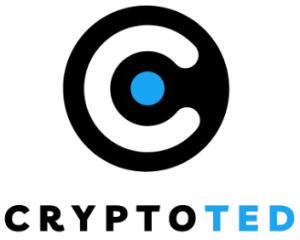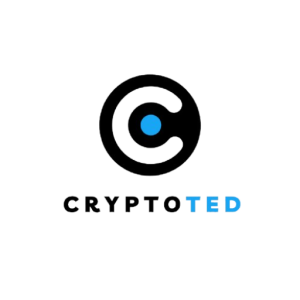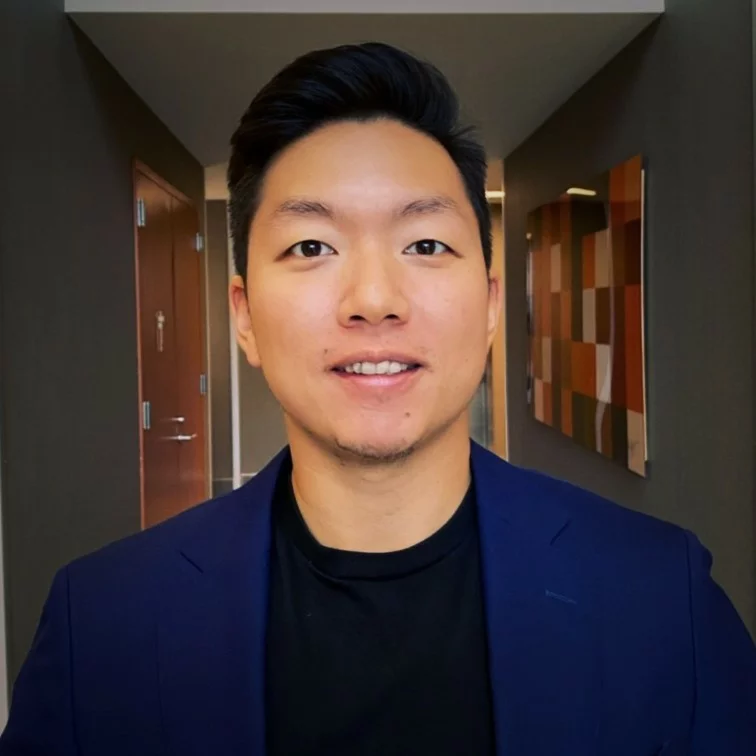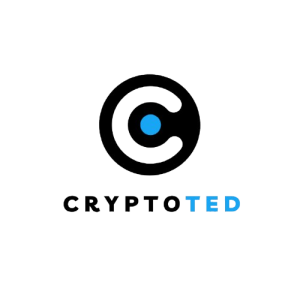Disclosure: The views and opinions expressed here belong solely to the author and do not represent the views and opinions of crypto.news’ editorial.
South Korea’s crypto scene has long stood out — defined by fearless traders, rapid market cycles, and the famous “Kimchi premium” that often pushed local prices far above global averages. This was never just a pricing anomaly; it was a reflection of something deeper: an unmatched retail appetite for risk and innovation.
Summary
- Retail power drives innovation: Korea’s crypto market thrives on retail participation, with over a third of citizens trading and altcoins dominating volume — creating a high-risk, high-liquidity environment that fuels DeFi growth.
- Regulation brings maturity: The new Digital Asset Basic Act (DABA) unifies oversight, legitimizes DeFi, and encourages institutional participation through licensing, stablecoin initiatives, and venture support.
- Korea as DeFi’s launchpad: With active traders, clear regulation, and institutional engagement converging, South Korea is poised to lead the next phase of global DeFi development.
Retail traders are the lifeblood of Korea’s crypto economy
Retail traders have always been the lifeblood of Korea’s crypto economy. Nearly one–third of the population now holds crypto accounts, and altcoins account for over 80% of total trading volume on domestic exchanges — a clear sign that Korean traders are constantly chasing new opportunities. Their risk-on mindset has often made Korea a bellwether for market trends, from speculative runs on microcaps to early experimentation with onchain products.
While this intensity once came at the cost of stability, it also fueled innovation and liquidity. Rather than viewing volatility as a flaw, it’s time to see it as a feature — the very condition that allows DeFi to thrive. High trading frequency keeps DEXs liquid without relying solely on institutional capital, and Korea’s culture of active engagement makes it fertile ground for yield farming, staking, and onchain derivatives. Traders who once played arbitrage games between local and global markets are now increasingly comfortable engaging directly onchain.
Enthusiasm alone isn’t enough
But this new era comes with a recognition that enthusiasm alone isn’t enough. The same energy that drove rapid growth also led to fragmented liquidity, pump-and-dump schemes, and occasional exchange crises. Korea’s regulators took note. The Financial Services Commission recently froze the rollout of new crypto lending products until a unified framework was established — signaling a shift from reactive measures to proactive oversight.
Enter the Digital Asset Basic Act (DABA), Korea’s most comprehensive regulatory framework to date. It introduces licensing, disclosure, and risk management standards under one umbrella, aiming to transform a once-fragmented market into a transparent and compliant ecosystem. Crucially, DABA doesn’t treat DeFi as an outlaw experiment but as a legitimate part of the financial system — an inclusion that could change the country’s onchain landscape entirely.
The impact is already visible. Eight of Korea’s leading banks are now collaborating on KRW-pegged stablecoins, signaling that institutions are preparing to move liquidity onchain. Stablecoins are becoming the backbone of institutional-grade settlement — the bridge between traditional finance and DeFi-native systems. At the same time, the government has lifted its seven-year ban on crypto firms seeking venture certification, unlocking access to tax incentives and startup funding. Even Binance’s re-entry into the Korean market through its acquisition of Gopax marks renewed confidence in the country’s regulatory direction.
Some argue that tighter rules might stifle experimentation. Yet, history shows that well-defined boundaries often create better builders. In DeFi, where unchecked freedom once invited chaos, clear frameworks can instead attract quality projects and long-term capital. Rather than dampening Korea’s innovation, DABA is setting the stage for its evolution from retail-driven speculation to sustainable, institution-backed growth.
As global markets continue to mature, few jurisdictions combine retail participation, regulatory clarity, and institutional readiness quite like South Korea. Its traders bring energy, its regulators bring order, and its institutions bring scale. This unique convergence could make Korea not just a participant in DeFi’s next chapter but the market that defines it.
DeFi’s next wave won’t just pass through Korea. It will start there.












